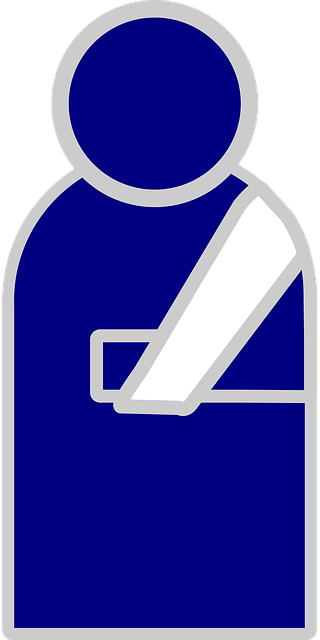Injury arbitration provides a swift and cost-effective alternative to court for personal injury claims. Both parties agree to resolve disputes outside of court with a neutral arbitrator making a binding decision. Preparation is key; compile medical records, police reports, witness statements, and legal knowledge to strengthen your case. Legal representation is essential for navigating the process and ensuring a final, binding decision.
“Unsure where to begin with your personal injury claim? Consider arbitration—a faster, more affordable alternative to court. This comprehensive guide walks you through the process, from recognizing when arbitration is suitable for your case (e.g., complex claims or negotiation stalemates) to preparing your evidence and understanding the hearing process. By the end, you’ll be equipped with the knowledge to navigate injury arbitration successfully.”
- Understand When Arbitration Is Appropriate
- Prepare Your Case for Submission
- Navigate the Arbitration Hearing Process
Understand When Arbitration Is Appropriate

When considering a personal injury claim, arbitration can be an efficient and cost-effective alternative to traditional court proceedings. Arbitration is particularly suitable when both parties agree to resolve the dispute outside of court. Unlike trials, arbitrations are often faster and less formal, allowing for a more flexible process tailored to the specific needs of the case. This method is especially appealing in personal injury cases where damages may not be as straightforward or substantial as in commercial disputes or real estate litigation.
Arbitration provides an opportunity for both claimants and defendants to have their case heard by a neutral third party, known as an arbitrator, who then makes a binding decision. This can be beneficial when dealing with complex issues or when the parties want a quicker resolution without the potential delays and costs associated with lengthy trials. An auto accident lawyer, for instance, might recommend arbitration as a suitable option for their client, ensuring a faster and potentially less stressful process.
Prepare Your Case for Submission

Before submitting your personal injury case to arbitration, ensure you have a strong and well-prepared file. Gather all relevant evidence, such as medical records, police reports, witness statements, and any documents related to the incident. Organize this information in a clear and concise manner; it should tell a compelling story of how the injury occurred and who is at fault.
Consider the unique aspects of your case, including any applicable laws or previous settlements. For instance, if you believe there was a breach of fiduciary duty on the part of another party involved, make sure to include this in your preparation. Similarly, if your goal is client recovery for wrongful death, ensure your case highlights the loss and damages incurred. A thorough understanding of these elements will enhance the strength of your argument during arbitration.
Navigate the Arbitration Hearing Process

Navigating the injury arbitration process can seem daunting, especially if you’re recovering from a traumatic event like a car accident or nursing home abuse. The first step is understanding that arbitration is an alternative dispute resolution method where a neutral third party, known as an arbitrator, reviews your case and makes a binding decision. This avoids the time and expense of a trial, which can be particularly beneficial when dealing with complex personal injury claims.
During the hearing, both parties present their arguments, evidence, and witnesses to the arbitrator. It’s crucial to have competent legal representation to ensure your rights are protected. An experienced auto accident attorney or advocate specializing in nursing home abuse cases can help build a strong case, gather necessary documentation, and effectively communicate your story. The arbitrator will consider all evidence presented and issue a decision, which is usually final and binding on both parties.
Arbitration offers a streamlined and often more cost-effective alternative to traditional litigation for resolving personal injury claims. By understanding when it’s appropriate, preparing your case thoroughly, and navigating the hearing process diligently, you can effectively utilize injury arbitration to achieve a fair resolution without the lengthy and expensive courtroom battles often associated with regular lawsuits.






